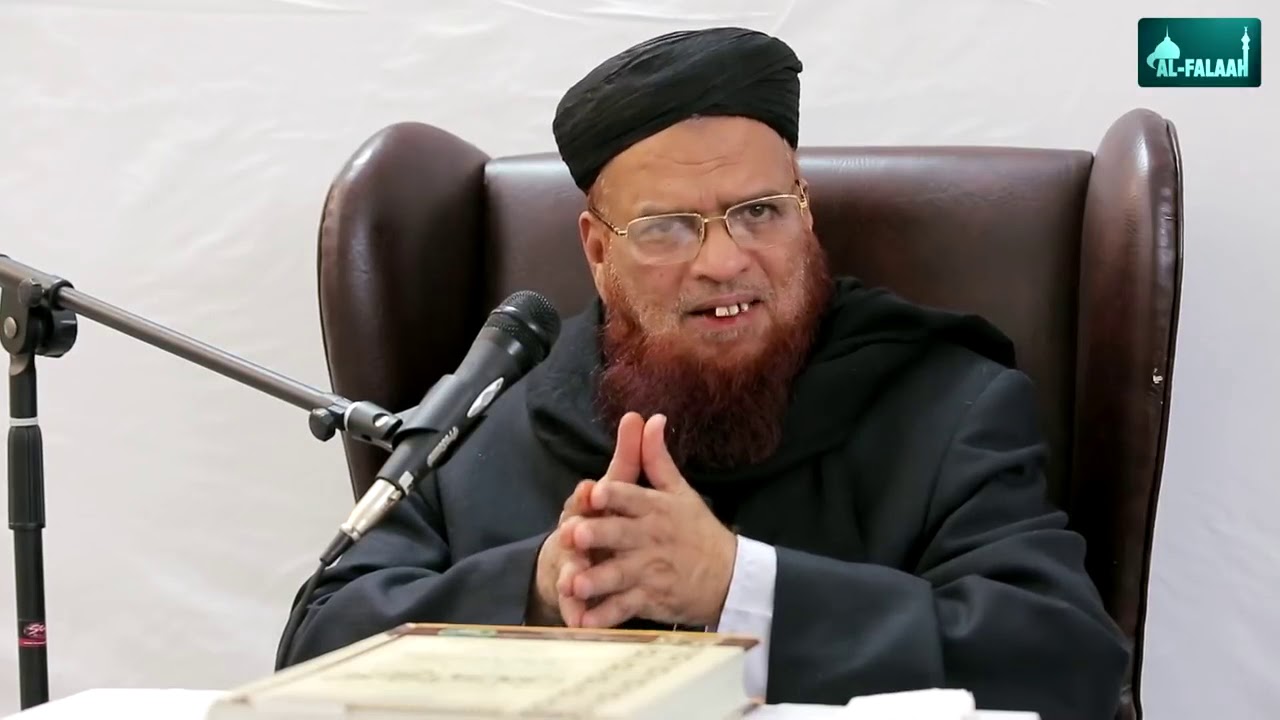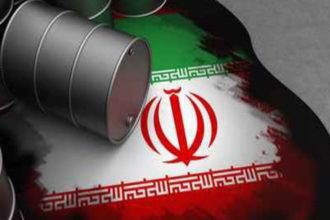Renowned scholar Mufti Muhammad Taqi Usmani Monday issued a fatwa (religious decree) declaring any armed activity against the state of Pakistan as a “rebellion,” which “is haraam” and proscribed according to Islamic law.
The banned Tehreek-e-Taliban Pakistan (TTP), who was fighting against the Pakistan Army and involved in anti-state activities, “are rebels,” he said while virtually addressing the Paigham-e-Pakistan National Conference on ‘Countering Violent Extremism, Radicalism and Hate Speech.’
The decree was also unanimously adopted by the Ulema and Mashaikh of all schools of thought present in the conference, which was organized by the International Islamic University, Islamabad’s Faisal Masjid Campus.
Mufti Taqi Usmani shared anecdotes from his meetings in Kabul while heading a delegation to meet the Afghan Taliban. He said they also expressed their resentment against the TTP elements who were carrying out terrorist activities in Pakistan.
“Fighting against national security agencies and carrying out anti-state activities come under mutiny, and it has nothing to do with Jihad.”
Also present at the occasion was Minister for Planning Ahsan Iqbal, who shared his views on the discussion.
“Pakistan was established based on an ideology. As the only Muslim nuclear power, Pakistan has a prominent position. Our state and institutions are strong,” the federal minister said.
He added that scholars should play an effective role in ending extremism and terrorism.
The Council of Islamic Ideology Chairman, Dr. Qibla Ayaz, deplored the sad incident at the Army Public School in 2014. However, he said it had united the entire nation on one platform to cope with the menace of terrorism.
With the help of Ulema, Mashaikh and religious scholars, he said, the government evolved a unified policy in the shape of ‘Paigham-e-Pakistan’ to bridge the communication gap and remove religious differences for peace and tranquillity in the country.
He proposed for ‘Paigham-e-Pakistan’ to be given a constitutional cover by parliament to implement it at the grassroots level.
Prime Minister’s Special Representative for Interfaith Harmony and the Middle East, Hafiz Muhammad Tahir Mehmood Ashrafi, termed political instability as one of the main factors behind the country’s economic meltdown.
Ashrafi urged the media to play a responsible role and avoid publishing or broadcasting fake news because it severely affected business activities.
The politician said certain elements wanted to create chaos, but the clerics had renewed their pledge to foil the enemy’s nefarious designs against Pakistan’s peace and security.
Central Ruet-e-Hilal Committee Chairman Maulana Syed Muhammad Abdul Khabir Azad said, ‘Paigham-e-Pakistan’ had united the nation and “is playing a constructive role in the country’s development and prosperity.” “The Ulema stand with the Pakistan Army and other security agencies and are countering the enemy’s agenda.”
Former religious affairs minister Hamid Saeed Kazmi said they had to make collective efforts to net the “masterminds” who are polluting the minds of youth.
Allama Iftikhar Naqvi said, “Paigham-e-Pakistan is yielding positive results, and there is a need for concerted efforts to raise awareness among people at the country’s nooks and crannies.”
Maulana Fazlur Rehman Khalil said:” We should make concerted efforts to bridge the gap between the Ulema of Pakistan and Afghanistan.”
For the past few months, Pakistan has been dealing with a fresh spate of terror attacks of various natures, particularly in the Balochistan and Khyber Pakhtunkhwa provinces.
As the nation battles against the rise of terrorism yet again, the country’s civil and military leadership resolved to confront terrorists and work against their intention to deteriorate peace in the country.
The National Security Committee (NSC), under the leadership of Prime Minister Shehbaz Sharif, decided that no country will be allowed to provide sanctuaries and facilitation to terrorists and Pakistan reserves all rights to safeguard its people. (APP)






